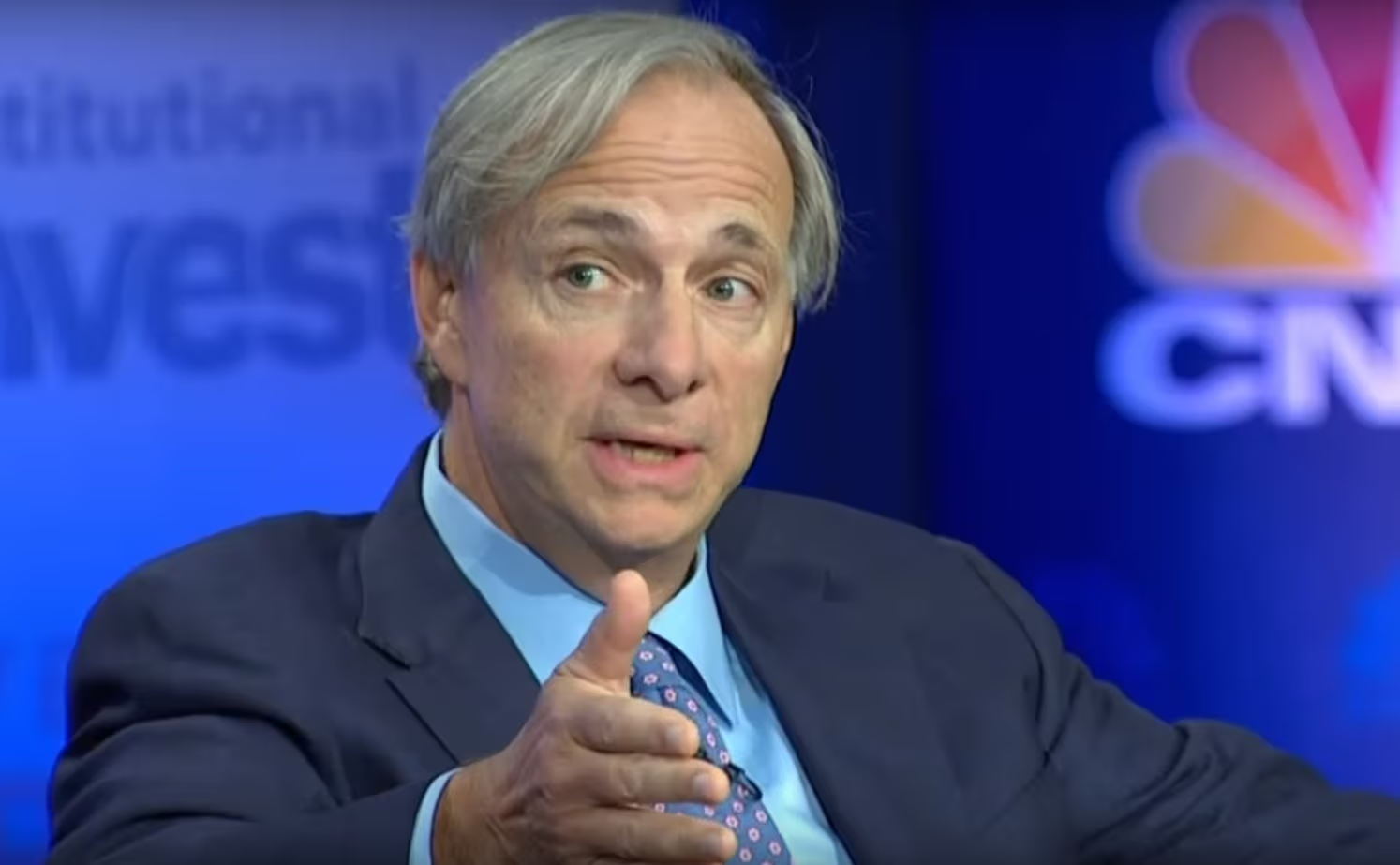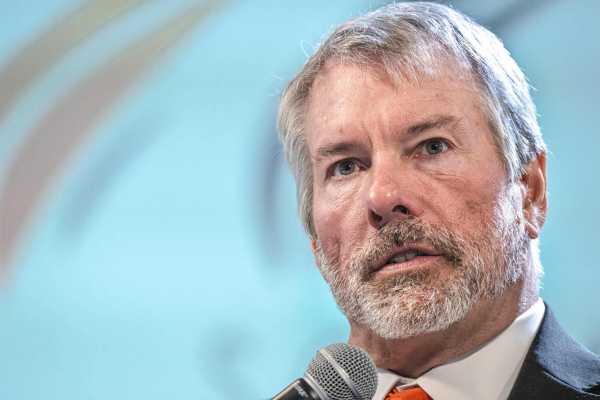Ray Dalio Sounds Alarm on Global Systemic Risk, But Bitcoin Remains Resilient
Ray Dalio Expresses Concern Over Global Systemic Risk, But Bitcoin Remains Steady
As Ray Dalio warns of a looming systemic crisis, markets are stressed by rising yields, tariff uncertainty and a weaker dollar.
James Van Straten, AI Boost | Edited by Parikshit Mishra Updated April 14, 2025, 1:58 pm Published April 14, 2025, 9:25 am

Key points:
- Dalio calls for urgent action on US deficits and trade policy, warning of the potential collapse of the existing financial and geopolitical order.
- It compares current risks with historical systemic shocks such as the end of the gold standard in 1971 and the 2008 financial crisis.
Ray Dalio is sounding the alarm – not just about a potential recession, but about a larger, systemic breakdown of the global economic and political order – in a recent interview with CNBC. His concerns aren’t just about market volatility; they point to a broader structural vulnerability.
Notably, Bitcoin (BTC) is showing strength amid the chaos. The digital asset has broken a three-month downtrend and is approaching $85,000, indicating its potential as an alternative safe haven.
The White House continues to send mixed signals on tariffs, adding to the growing uncertainty weighing on global markets. As a result, markets remain highly volatile, especially in the last two weeks as Trump’s tariff policies take effect.
Dalio, the founder of investment giant Bridgewater, has been particularly vocal about the growing U.S. debt and deficit. He argues that Congress should reduce the federal deficit to 3% of GDP, warning that an imbalance between the supply of debt and demand from investors could lead to major disruptions, according to CNBC.
This is already happening in the bond market, where U.S. Treasury yields are rising. The 10-year note is just below 4.5%, while the 30-year is hovering just below 5%. These high yields are shaking up the markets and could force the Federal Reserve to step in to calm things down.
Dalio also warns that tariff uncertainty is contributing to broader macroeconomic instability. The U.S. dollar, as measured by the DXY index, fell below 100 for the first time in years — a potential sign of capital flight from the country. He calls for a comprehensive trade deal with China and currency adjustments to strengthen the yuan, seeking to stabilize a system that is becoming increasingly fragile, according to the report.
In an instructive comparison, Dalio contrasts today's risks with those seen during the U.S. exit from the gold standard in 1971 and the global financial crisis of 2008, according to the report. Both events were watershed moments that reshaped the financial system.
Disclaimer: This article or parts of it were generated by AI tools and reviewed by our editorial team to ensure accuracy and adherence to our standards. For more information, see CoinDesk's full AI policy.



